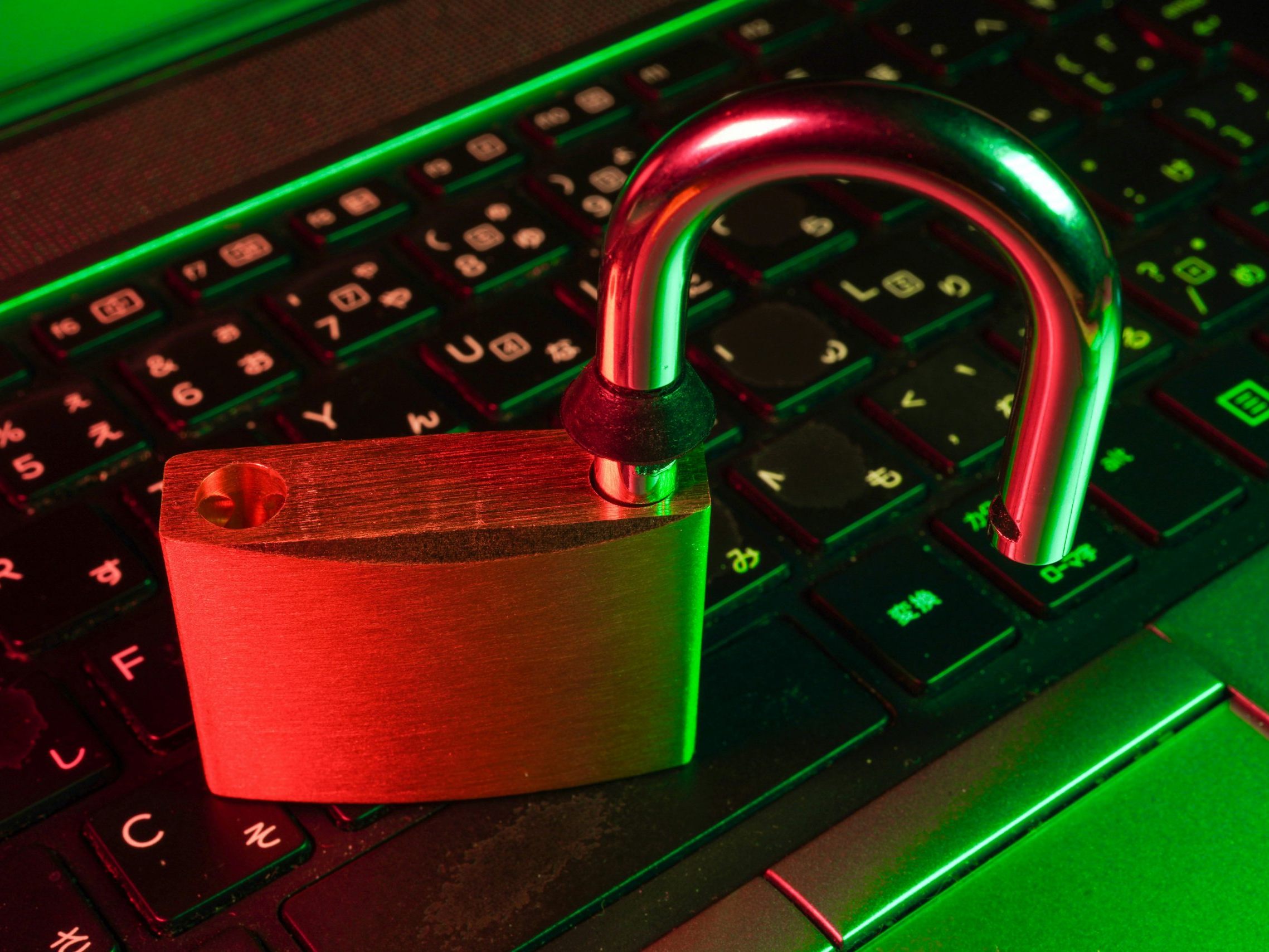After the Mega Leak: How to Protect Yourself from Digital Identity Theft!

The gigantic collection of compromised credentials mostly originates from so-called infostealer malware. These malicious programs infiltrate computers through fake downloads or manipulated websites and systematically steal logins, passwords, and other sensitive data.
What Users Should Do Now: Tips for More Security
Experts recommend changing passwords immediately, especially for sensitive accounts like email, social media, and online banking. Additionally, two-factor authentication should be activated wherever possible.
FAQ: 16 Billion Passwords Leaked – What Is Important Now
1. What exactly happened in this data leak?
In a hacker forum, a database with around 16 billion credentials was published. Most of them originate from attacks with malware that steals passwords directly from infected devices.
2. Which services are affected?
The stolen credentials affect major platforms like Apple, Google, Facebook, Microsoft, Twitter/X, as well as banks, cloud services, and government agencies.
3. How can I check if my data is affected?
There are online platforms like "Have I Been Pwned" where you can check with your email address if it appears in known leaks.
4. What should I do now if I am affected?
Immediately change all passwords, especially for important accounts. Use a unique, strong password for each service.
5. How do I create a secure password?
A secure password consists of at least twelve characters, includes uppercase and lowercase letters, numbers, and special characters, and is unique for each service.
6. What is two-factor authentication and why is it important?
In addition to the password, a second factor (e.g., a code via SMS or app) is requested. This makes it significantly harder for attackers to access accounts.
7. How do hackers obtain so many passwords?
Mainly through infostealer malware, which lands on computers via manipulated websites, fake downloads, or illegal software and captures data there.
8. Are old data affected as well or only new ones?
The collection contains many new, previously unpublished credentials, but also older datasets from previous leaks.
9. What is credential stuffing?
Attackers use leaked credentials to automatically check if the same combinations work with other services.
10. How can I better protect myself in the future?
Use a unique password for each service, change them regularly, use two-factor authentication, and be cautious with downloads and unfamiliar websites. A password manager can help keep track.
This article has been automatically translated, read the original article here.





